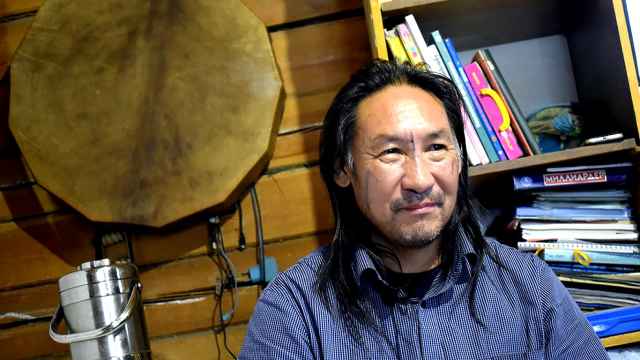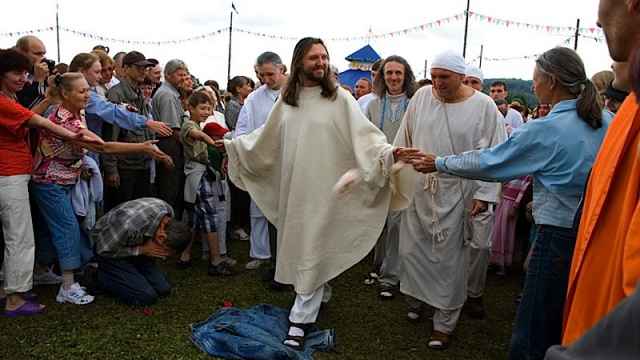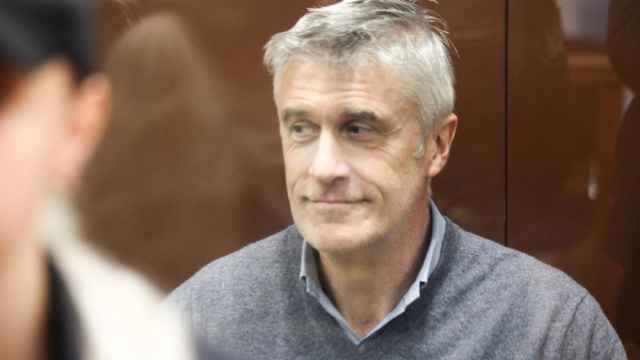A court in Novosibirsk on Monday sentenced a Siberian cult leader who claimed to be the reincarnation of Jesus Christ to 12 years in prison for harming the mental and physical health of his followers.
Sergei Torop, a former traffic officer who calls himself “Vissarion,” founded the Church of the Last Testament in 1991 after what he described as a divine revelation. He attracted thousands of followers to remote settlements in Siberia, including a core group of about 300 living in isolation atop a hill they called the Abode of Dawn.
Russia’s Prosecutor General’s Office said Monday that Torop and two of his associates were found guilty of creating a religious organization that violated the civil rights of its members and caused bodily harm.
Prosecutors accused Torop of using psychological manipulation to exert control over and exploit followers for labor and money between 1991 and 2020.
His actions, they said, caused 16 people “moral harm,” left six with “serious health problems” and one with “moderate” harm.
Torop, 64, was arrested in a helicopter raid on his Krasnoyarsk region commune in 2020. His associates — Vadim Redkin and Vladimir Vedyornikov — were sentenced to 11 and 12 years in prison, respectively.
All three men denied wrongdoing. It was not immediately clear if they planned to appeal their sentences.
The court also awarded 45 million rubles ($572,000) in damages to the victims and state prosecutors.
Vissarion’s movement grew in popularity during the post-Soviet ideological vacuum of the 1990s and further isolated itself after the outbreak of the Covid-19 pandemic, shutting its communes to outsiders.
AFP contributed reporting.
A Message from The Moscow Times:
Dear readers,
We are facing unprecedented challenges. Russia's Prosecutor General's Office has designated The Moscow Times as an "undesirable" organization, criminalizing our work and putting our staff at risk of prosecution. This follows our earlier unjust labeling as a "foreign agent."
These actions are direct attempts to silence independent journalism in Russia. The authorities claim our work "discredits the decisions of the Russian leadership." We see things differently: we strive to provide accurate, unbiased reporting on Russia.
We, the journalists of The Moscow Times, refuse to be silenced. But to continue our work, we need your help.
Your support, no matter how small, makes a world of difference. If you can, please support us monthly starting from just $2. It's quick to set up, and every contribution makes a significant impact.
By supporting The Moscow Times, you're defending open, independent journalism in the face of repression. Thank you for standing with us.
Remind me later.






